Search terms report is one of the greatest feature offered by Google Ads. It lets you optimize your ppc campaign for keywords and negatives in order to show your ads to right people. It is the key to success “target right people rather than more people” and soon you’ll find your campaign performing better. Lots of advertisers still have not viewed this feature but when they do, they love it!
It is recommended to run regular search term report, analyse and ensure that you are not wasting your money on the search terms that are irrelevant to your business. You can add these irrelevant terms in your negative keywords list. More than that you’ll also find new keyword ideas.

What is search terms report?
It is also known as search query report that shows us the list of search terms for which web users have searched before seeing or clicking our ad. Thus, advertisers also find high potential search terms that can be added to their keyword list.
For example – Harry is looking to buy a sports shoe online for his football match. In Google search box he types “sports shoe”, which is the search term. Now, suppose that you have online shop for different types of shoes. Since you have included the word “shoe” as a keyword in your Google Ads campaign, your ad may be eligible to show on Harry’s search results page.
Don’t get confused with keywords and search terms, both are different from each other. Keywords are the words or phrases used by advertisers to describe their product or service in order to define when and where ads to be displayed. Below are the three main match types used by advertisers on which they bid on:
• Exact match: Ads may show on searches that exactly match the term or close variations of that exact term
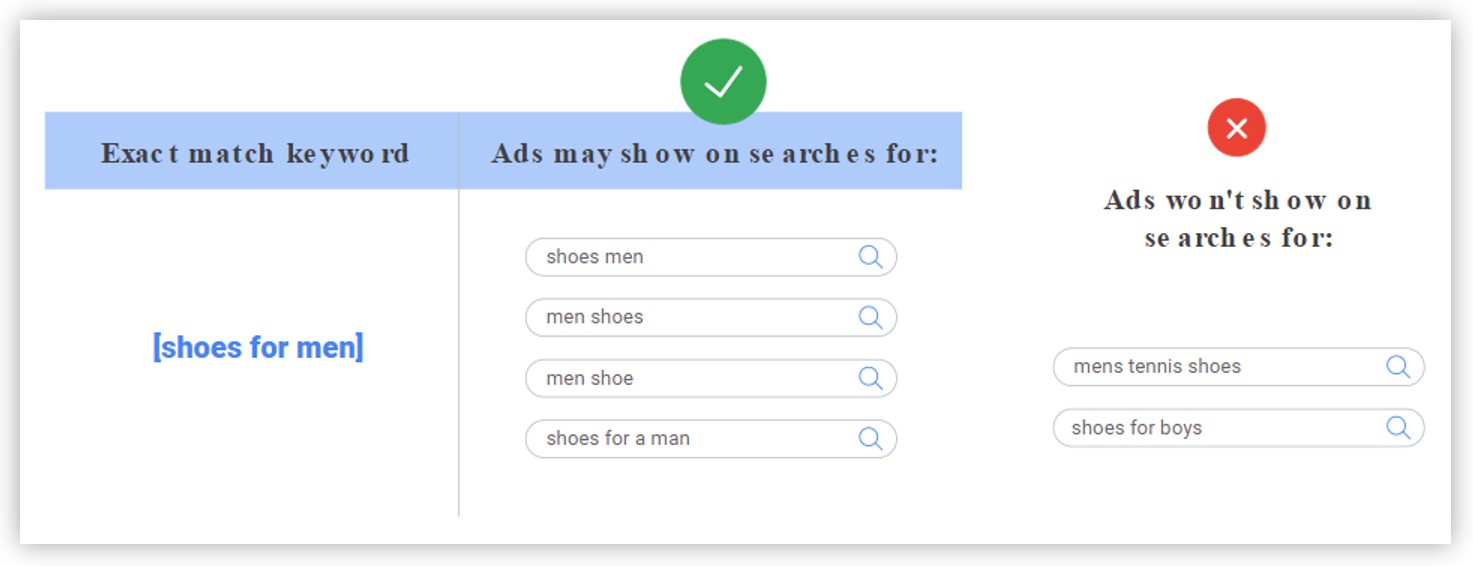
• Phrase match: Ads may show on searches that include that phrase, even if they include one or more words before or after it or are a close variant of that phrase
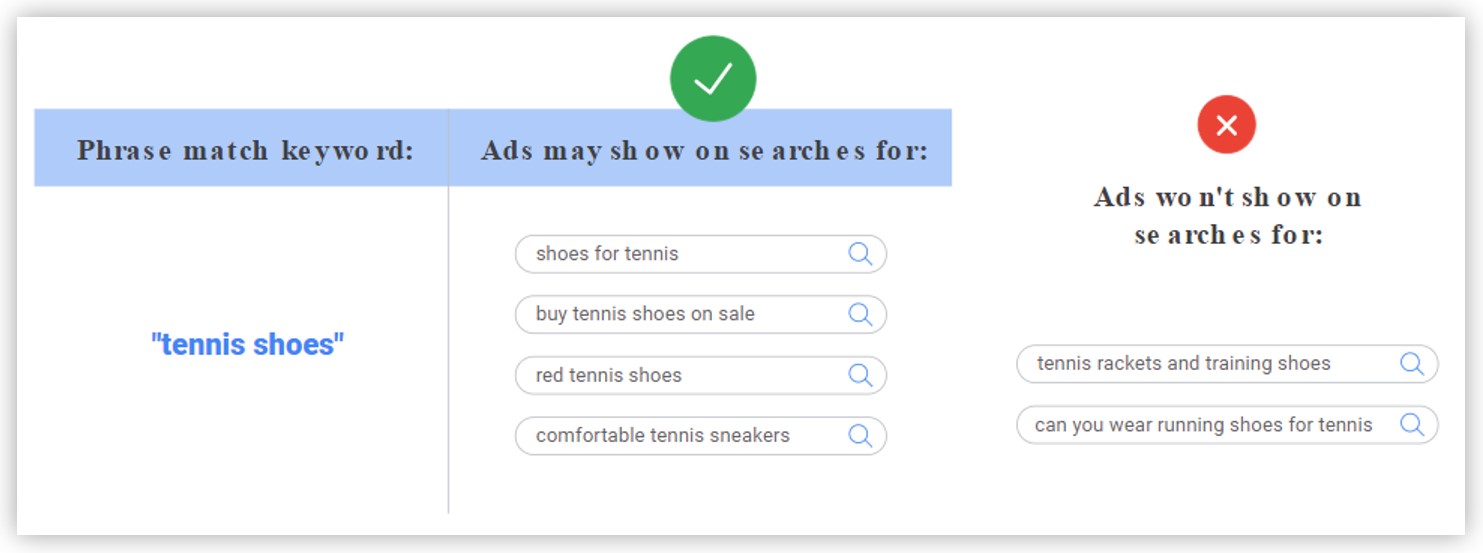
• Broad match: Ads may show on searches that contain that term and include misspellings, synonyms, related searches, and other relevant variations
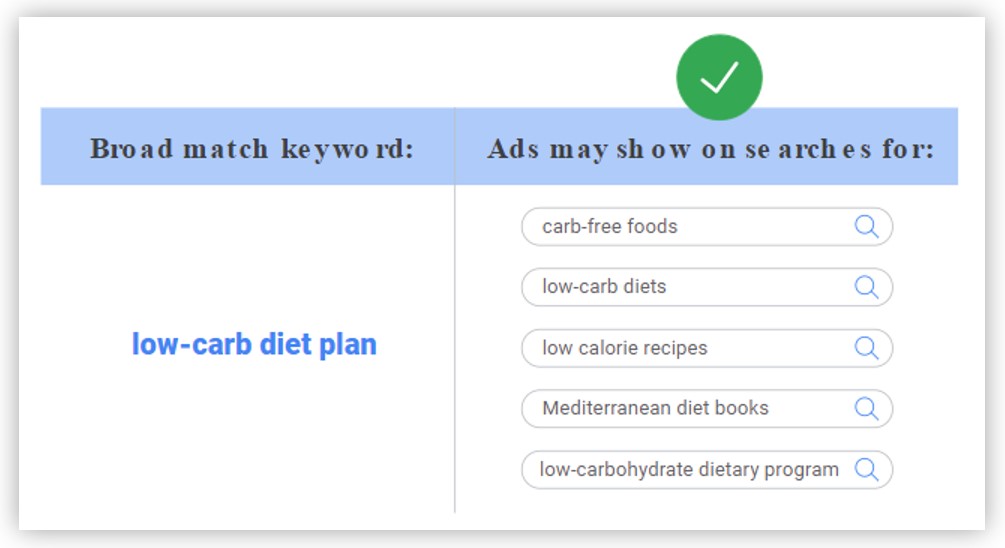
Whereas search terms are the actual searches that trigger an ad because they match one of the above conditions. For example, if an advertiser is bidding on the phrase match keyword “laptop bags,” then possible search terms that could trigger the ad are “black laptop bags” and “laptop bags under $30.” Use search terms report to analyse the performance of relevant search terms and try to add high-performing search terms to your ad group as keywords.
How to view search terms report?
There are few simple steps that you’ll need to follow to view search term reports
1. Sign in to your Google Ads account and choose a desired date range.
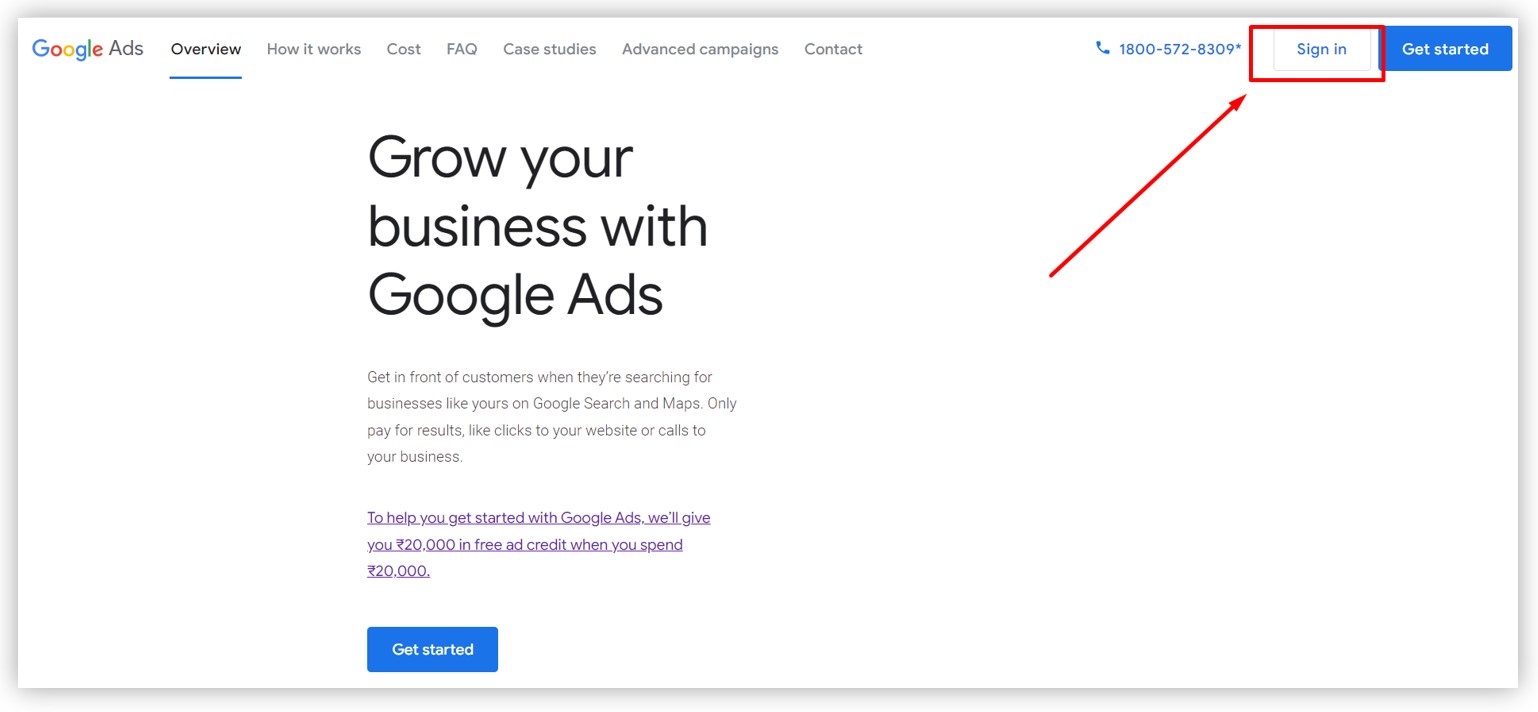
2. Select the campaign you want to view search term for.
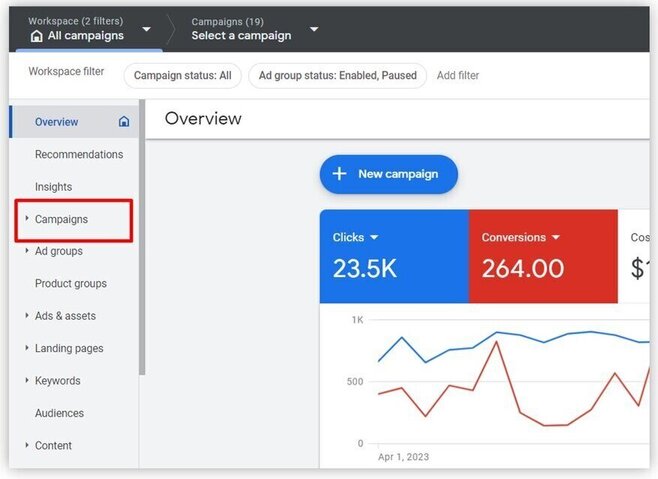
3. Click the keywords tab.
4. Click the search terms button.
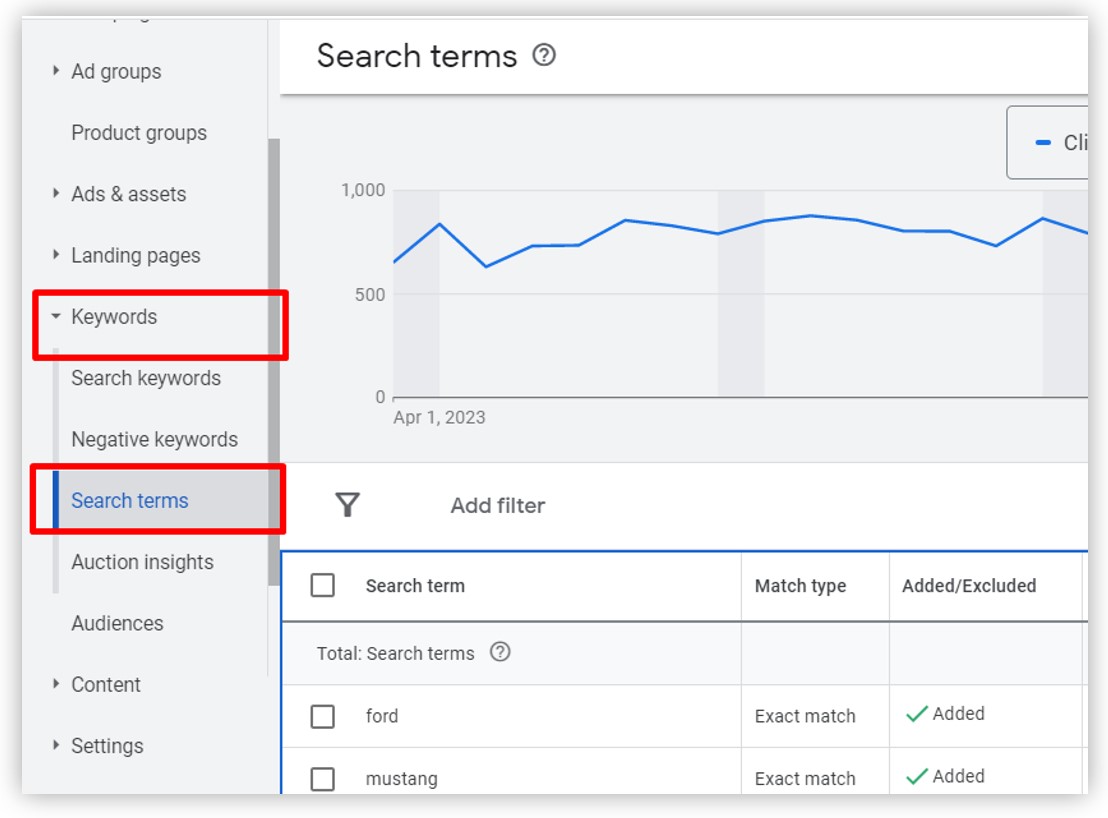
5. You'll see data on which search terms triggered impressions and clicks.
6. You can modify your search terms report columns by clicking the columns drop-down menu, and then selecting modify columns. This will let you to add, remove, or reorder the columns in your report.
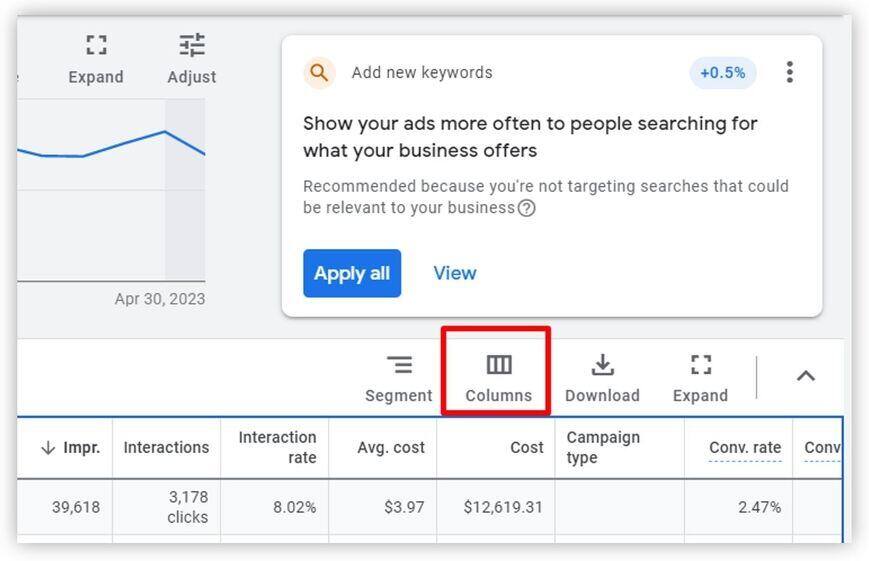
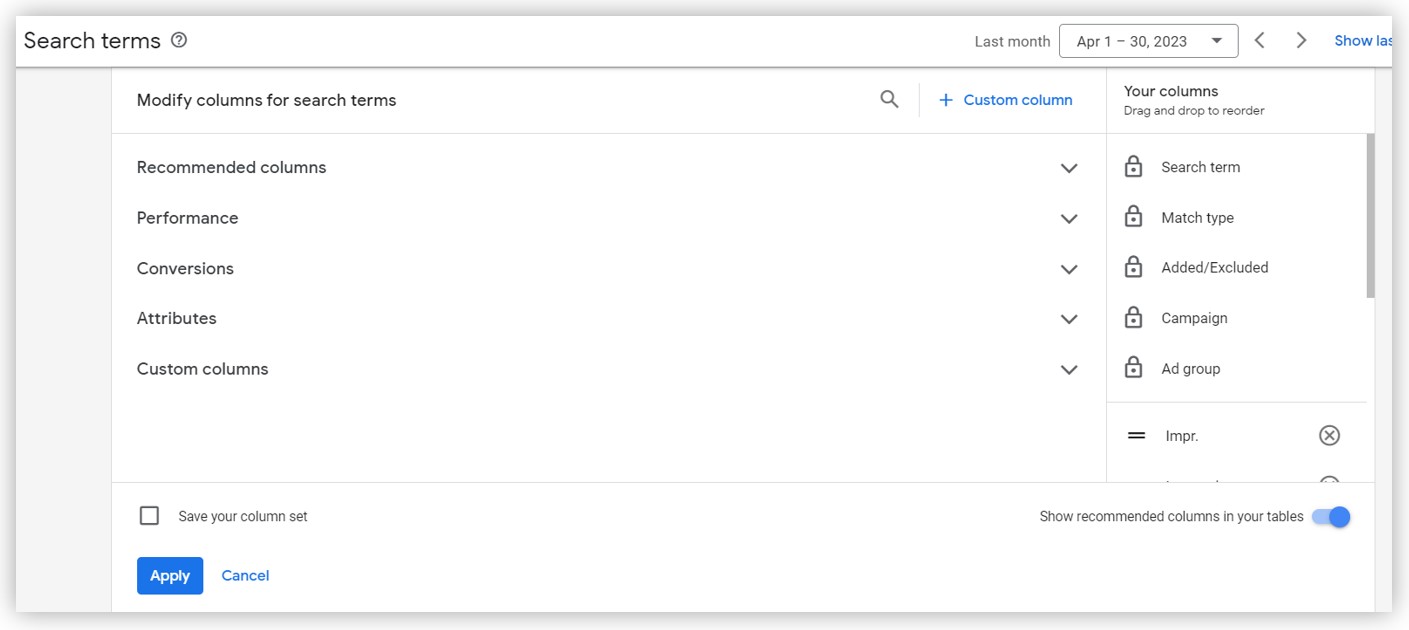
7. To download the data in a report, click the download button.

The data collected from search terms report can be used in different ways for improving the performance of advertising campaign. I suggest to do this on monthly basis at least.
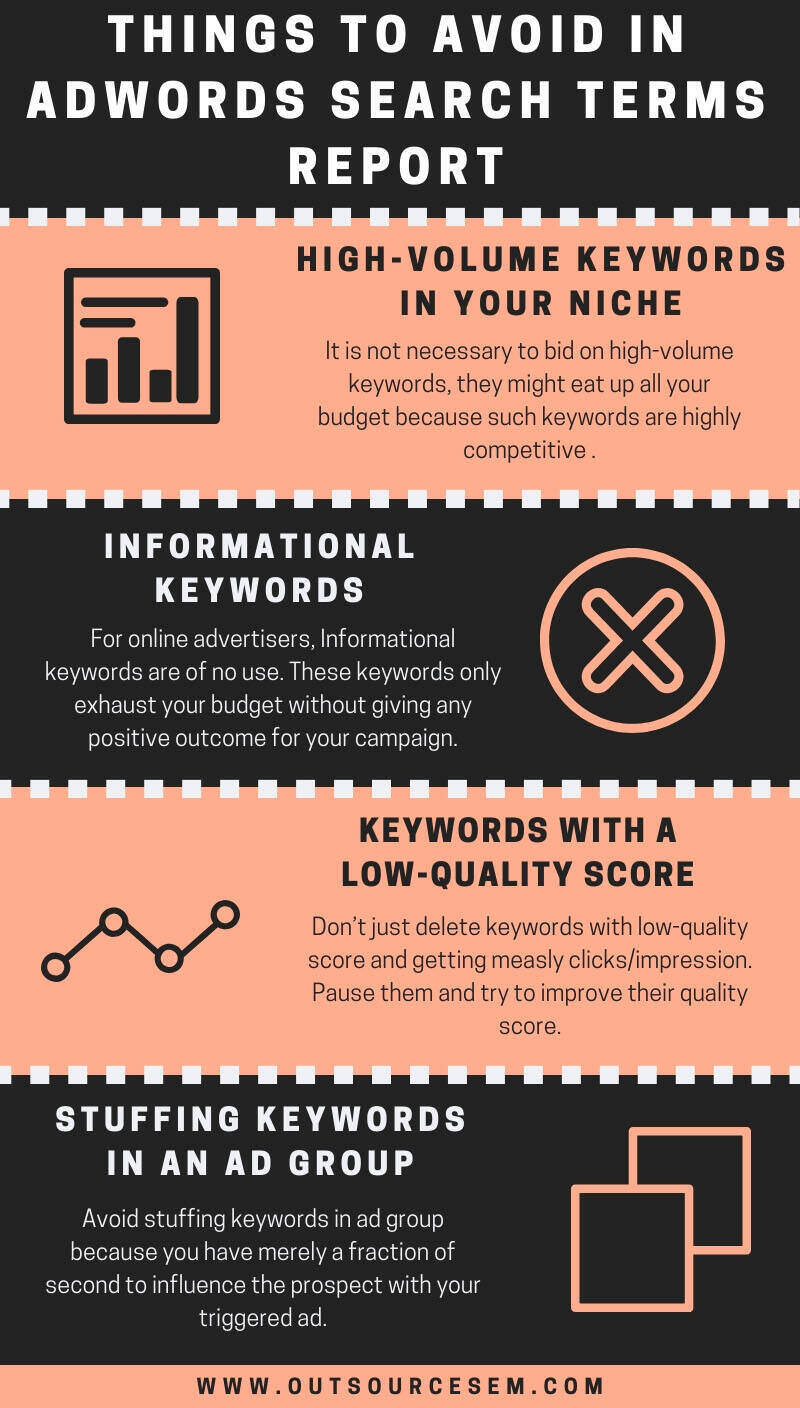
Things to avoid In Google Ads search terms report:
1. High-volume keywords in your niche: It is not necessary to bid on high-volume keywords, they might eat up all your budget because such keywords are highly competitive and will probably not be narrow enough to draw a relevant audience to your offer.
2. Informational keywords: For online advertisers, Informational keywords are of no use. These keywords only exhaust your budget without giving any positive outcome for your campaign. Even they have low competition, get good traffic volume and will cost a lot less to run but they won’t convert.

3. Keywords with a low-quality score and getting measly clicks/impressions: Don’t just delete keywords with low-quality score and getting measly clicks/impression. Pause them and try to improve their quality score. See where improvement is needed, it can either be ad copy, landing page or ad group organisation.
4. Stuffing keywords in an ad group: Avoid stuffing keywords in ad group because you have merely a fraction of second to influence the prospect with your triggered ad. And, you’ll find it hard to attain a message match using numerous keywords. Moreover, this will make your ads irrelevant and waste your budget.
In closing
Through search terms report, you can easily find out keywords performance to refine your marketing budget and better control bidding. In turn, you’ll see better outcomes from your ppc campaign because you are able to find the right strategies for your campaign and ensuring that your ads are showing on most relevant keywords. By hiring digital marketing experts from a digital marketing company you can avail services like content marketing services, web development, copywriting services. Also you can prepare SEO report, conduct SEO audit, link building and backlink analysis services for your client.
Reference:
- How To Use The Google Ads Search Term View To Optimize Keywords & Negatives
- Bizzare Won’t Make You Profitable: Avoid These 4 Types of Search Terms in Your Google Ads Account
- About keyword matching options
